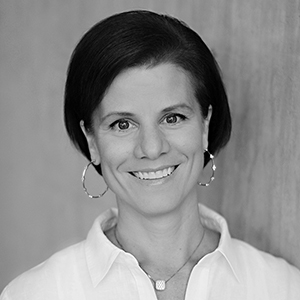My mother visited this past weekend. She’s come regularly since my first child’s birth, providing much-needed help when my kids were young, and welcome company now. Despite living in another state, she’s here often enough to witness my parenting highs and lows. This weekend she saw a bit of both, I fear, and we had more than one discussion about parenting.
When she left on Sunday, I went to participate in an author talk at a local library. Prior to the beginning of the program, another author and I confided a bit about our professional ups and downs, at which point I was struck by the similarities between writing and parenting. How could these things be alike, you ask? Let me tell you.
Everyone has an opinion. Remember when you gave your infant a binky, but then Aunt Martha told you it would give your child an overbite? The same kind of well intentioned, experiential advice is foisted upon writers by everyone (readers, editors, other writers, agents). Sometimes we actively solicit opinions because critical feedback and brainstorming will often strengthen a story. But sometimes the story we want to tell is just that—a story we want to tell. It may not work for everyone, and that’s okay as long as we tell it the best we can.
You don’t know the result until it’s too late. As a mother, I’m constantly aware of the fact that many of the choices I make may have unintended consequences, or might become that thing my kids complain about to their friends (or a future psychologist!). Similarly, I might plan for the reader to have a certain experience and to understand one message, but to my surprise, she’s taken something completely different away from the book. As with our children, we authors have less control over a reader’s interpretation than we think because that reader’s experience with the subject matter will color his or her emotional response.
Every book is different. If you have more than one child, I’m sure you’ve been surprised at how completely different they can be from one another despite their similar gene pool and upbringing. I find that my books follow this pattern. Each one comes to me so differently. Book to book, I struggle with different elements (sometimes it is a character, sometimes a plot point, sometimes the dialogue). Experience hasn’t made it easier. In fact, sometimes it makes it harder because the mistakes I’ve made before aren’t necessarily going to solve my new problem, but they can paralyze my thinking. Writing, like parenting, requires an ability to adapt and call “audibles” (to borrow from football). For those of us who prefer structure, this can be difficult.
External factors have influence you can’t control or predict. My kids are teens now, which means their friends’ opinions matter as much or more than my husband’s and mine. The fact that this is natural doesn’t make it any easier to accept. I worry about the influence friends and social media will have on my kids, but I can’t control it. Similarly, authors deal with editors leaving publishing houses, changes in technology and platforms altering the way we can sell product and communicate with fans, and shifting genre trends. We can’t control these factors or predict them, but they can hit us sideways and force a major change when we least expect it.
Your heart is all in. We love our children with our entire beings. We invest endless hours to give them the opportunity to succeed. And we want others to see every beautiful thing we see in them (and none of their flaws). The same goes for our books. We rip open our veins and pour so much of ourselves into our work, and we desperately want to make those connections with readers. It is thrilling when it works, and painful when it doesn’t.
Perhaps you agree with me but are now wondering whether this observation I’ve made has any practical meaning? I think recognizing these parallels is helpful as a reminder that, to succeed at either parenting or in publishing, you need to be patient, have a sense of humor, accept setbacks as part of the process, and have faith that, if you do your best most of the time, things will turn out okay in the end. In fact, that philosophy is probably applicable to most things in life!
xo



